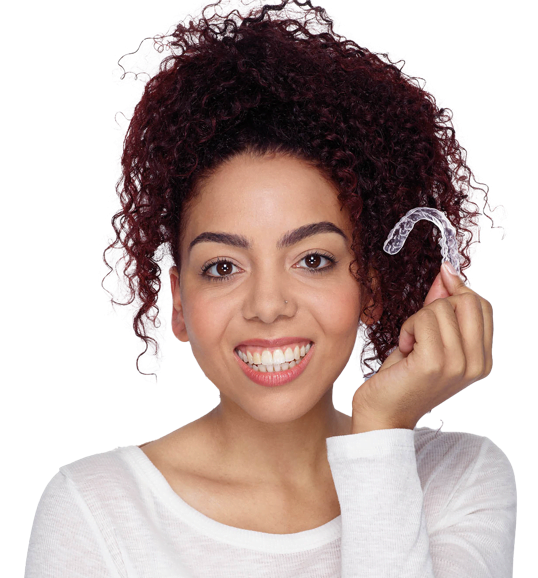Handy hacks for healthy teeth

We all know by now that’s it important to brush twice a day, see a dentist for regular check-ups and keep sugar to minimum. But is this really enough to keep your teeth clean and cavity free?
It’s definitely a great start, but it’s so easy to get caught out by everyday habits that do more harm than you might realise, especially over time. Most of these behaviours are related to what you’re eating and drinking, so we’ve come up with a few tricks to help minimise any damage to your teeth.
Chew sugar-free gum
Chewing gum is a great way to stimulate the production of saliva after eating, helping to rid your mouth of leftover morsels, sugar and harmful acids. Most varieties of sugar-free gum also contain xylitol – a natural sweetener – which helps to neutralise acidity and stop bacteria from sticking to the surface of your teeth. Better yet, chewing gum freshens breath and it can even reduce the risk of surface stains.

Drink through a straw
Sugary and acidic drinks like wine and cola are bad news for your teeth and over time they can cause stains, acid erosion and decay. If you’re not able to cut them out altogether, you can limit their damage simply by enjoying them through a straw so there’s less contact with your teeth.
Rinse with water
If you don’t like the idea of enjoying your merlot through a straw, try having a glass of water to hand so you can periodically rinse your mouth to reduce your risk of stains and acid erosion. Depending on your choice of tipple, you could also add some ice to your drink to water it down and dilute its damage.
Stay hydrated
An easy way to combat bad breath is to keep your mouth and body hydrated. Saliva is really important for washing away tooth-damaging, odour-causing bacteria, but if you’re dehydrated, you may not be producing enough. Thankfully all you need to do to prevent a dry mouth is drink more water, which alone helps to rinse away any nasties.
Don’t brush straight away
You may think that it’s a good idea to brush your teeth as soon as you can after eating, but this is the one time your dentist will actively discourage you from brushing your teeth. Just after eating or drinking your mouth is likely to be more acidic, which means your tooth enamel will be softer than normal. Combine this softened enamel with the bristles of a toothbrush and you have a recipe for disaster. Instead, wait around 30 minutes and give your enamel enough time to re-harden before brushing.
Clean between your teeth
While dental floss is good, interdental brushes are even better. If you’re not familiar with them, they look like tiny bottle brushes that you simply insert between your teeth to dislodge food and plaque. The video below demonstrates the technique nicely. You might find that you need to use different sized brushes in different areas of your mouth; if you need any help choosing the right brush, just ask your dentist for advice.
We hope you find these tips useful, for more handy hints find us on Facebook or Twitter.



